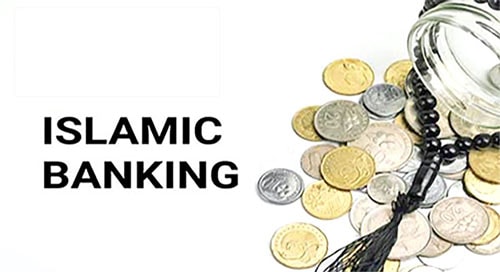Islamic banking is not exclusive to Muslims as it provides alternative financial products outside the conventional financial institutions, a ranking central bank official said.
Speaking during Laging Handa briefing, Bangko Sentral ng Pilipinas (BSP) Assistant Governor Arifa Ala said the government is adopting a whole-of-government approach to ensure a level playing field for both conventional and Islamic banking systems.
“By establishing an Islamic banking system, we will be providing the Filipino people, whether Muslims or non-Muslims, alternative financial products that can serve their requirements,” she said.
The Islamic banking system uses the Shari’ah principle wherein risks and profits are shared both by the financial institution and the account holders.
“In an Islamic banking institution, a partnership is created and the clients and the Islamic bank share in the profits and risks arising out of investing those funds,” Ala said, explaining its difference compared to conventional banks wherein a debtor-creditor relationship is created whenever a person opens a bank account.
She said Islamic banking is not new in the Philippines because the Al-Amanah Islamic Investment Bank of the Philippines (AAIIBP) was established in 1973, making it one of the first Islamic banks in Southeast Asia.
She was referring to the only Islamic bank in the country, which was established under Presidential Decree 264 as the Philippine Amanah Bank.
The AAIIBP has branches in the provinces of Mindanao with a large number of Filipino Muslims, such as in Cotabato, South Cotabato, Lanao del Sur, and Sulu.
The lack of support and recognition for Islamic banking resulted in the deterioration of the bank’s operation but the signing of its Charter, or Republic Act 6848 in 1990, paved the way for the bank to have a larger authorized capital stock amounting to PHP1 billion, consisting of 10 million common shares. It also received a universal bank license from the BSP.
The Bureau of the Treasury was tasked to support the bank’s operation from 1990 to 2007 but in 2008, the Development Bank of the Philippines obtained 99.9 percent ownership of the bank’s shareholdings after acquiring shares previously owned by the national government, the Social Security System, and the Government Service Insurance System.
Ala said the BSP has inked a memorandum of understanding with the Philippine Economic Zone Authority to promote Islamic banking and finance in the country, as well as encourage more investors.
“It is also very important that we make use of other tools and venues to promote Islamic banking even outside of our country because we have also liberalized the banking system in the Philippines whereby foreign investors can also establish Islamic banks here in the Philippines, either in the form of a branch or a full(y) fledged Islamic bank,” she said.
The bank’s Charter, she added, “is very flexible” and “was built to provide flexibility in promoting and developing Islamic finance in our country.”
Ala noted that the BSP has issued several circulars to boost Islamic banking, among them Circular 1069, which sets the capital requirements for the establishment of Islamic banks and Islamic banking units, and Circular 1070, which explains the requirements and expectations on the Shari’ah governance framework.
She said a Shari’ah Supervisory Board was also established in the Bangsamoro Autonomous Region in Muslim Mindanao through a joint circular signed by the BSP, the Department of Finance, and the Bangsamoro government.
She said the board has been tasked to “issue opinions on the Shari’ah compliance of Islamic products and services that will be offered here in the Philippines.”
“This is very important because we need to ensure also that the products and services that will be offered by Islamic banking institutions are also compliant with Shari’ah principles,” she added.—PNA










